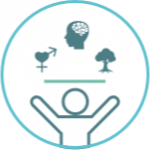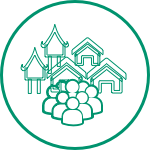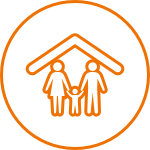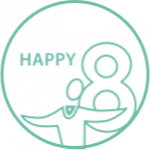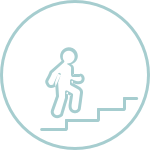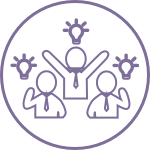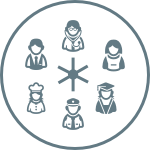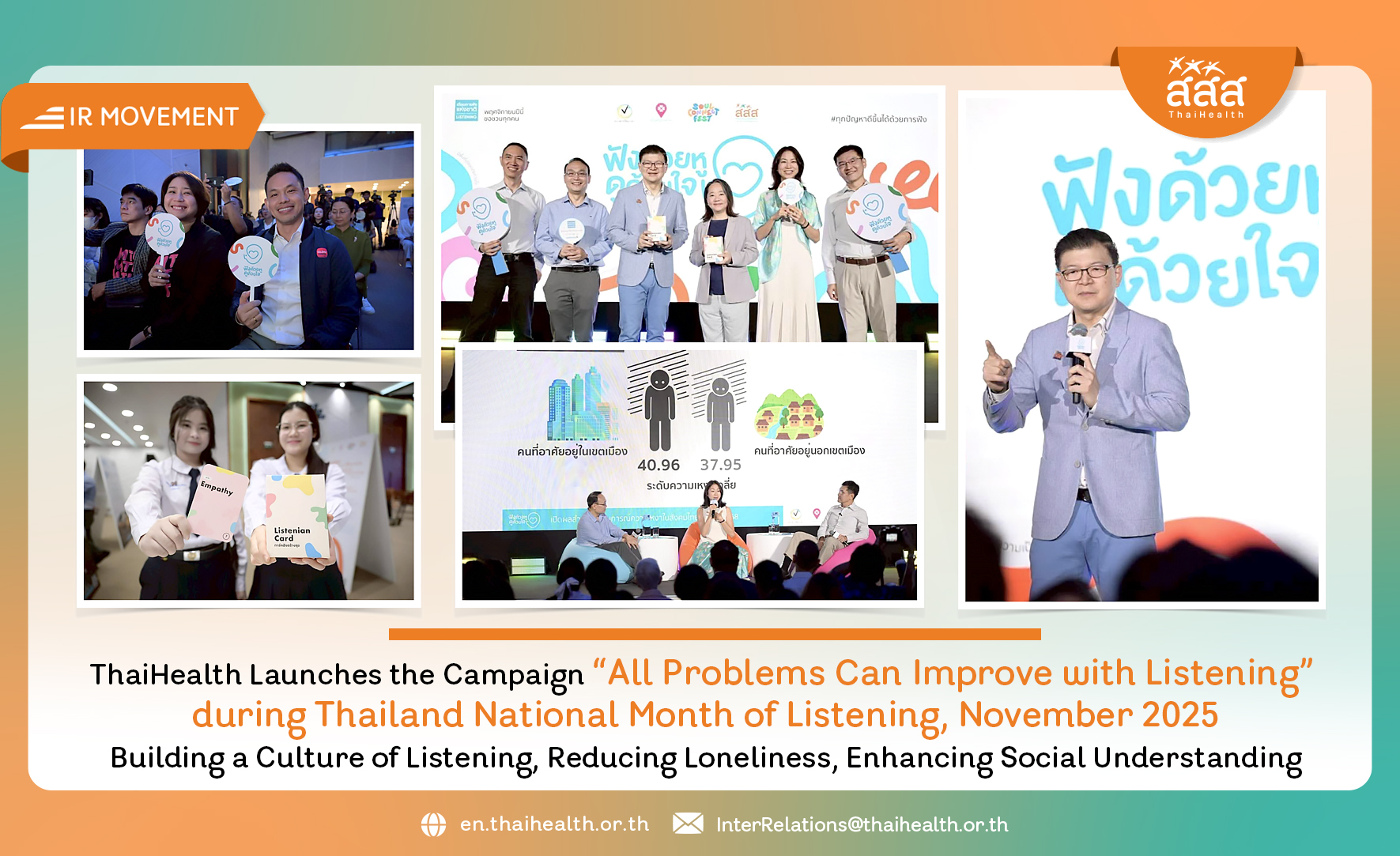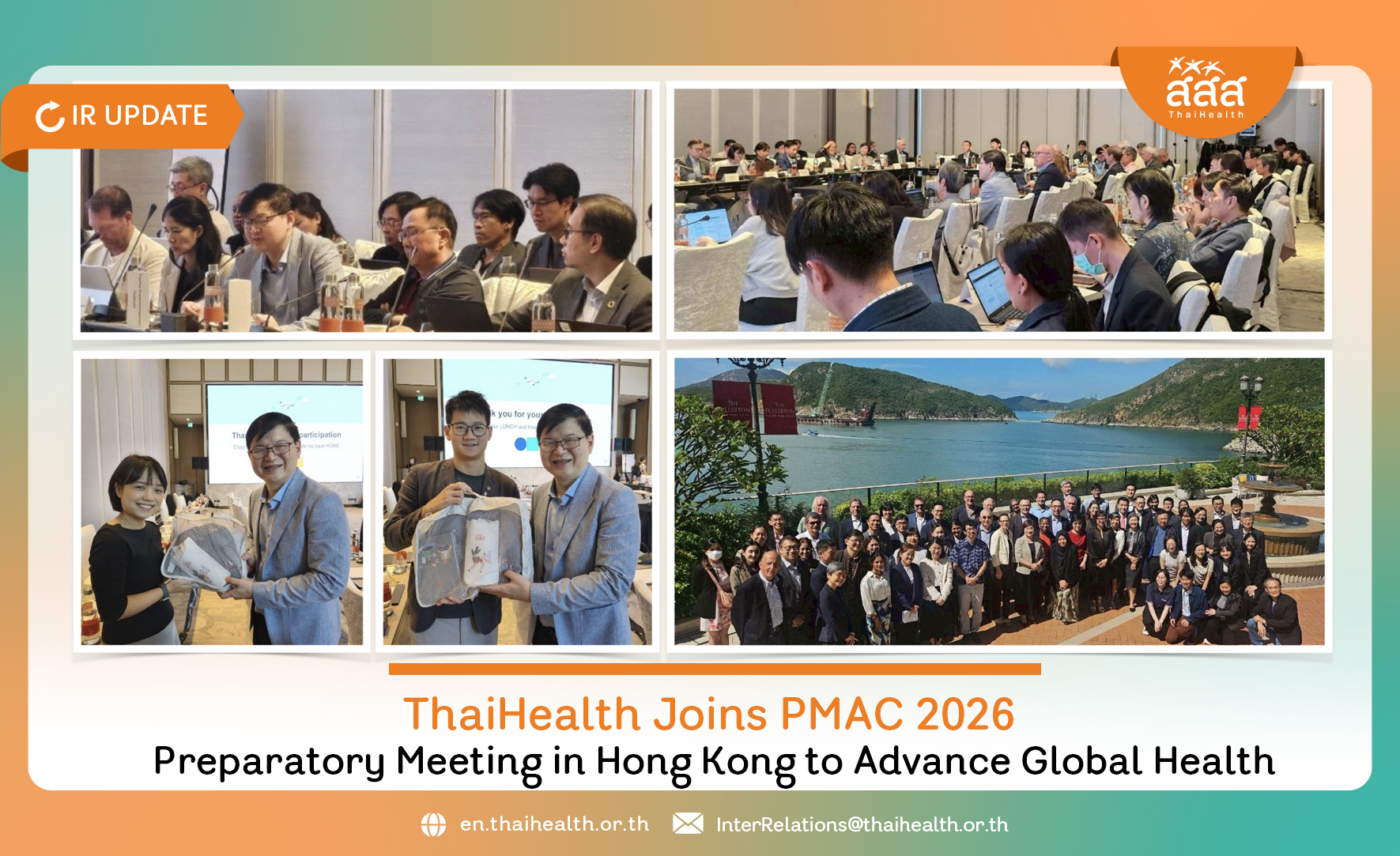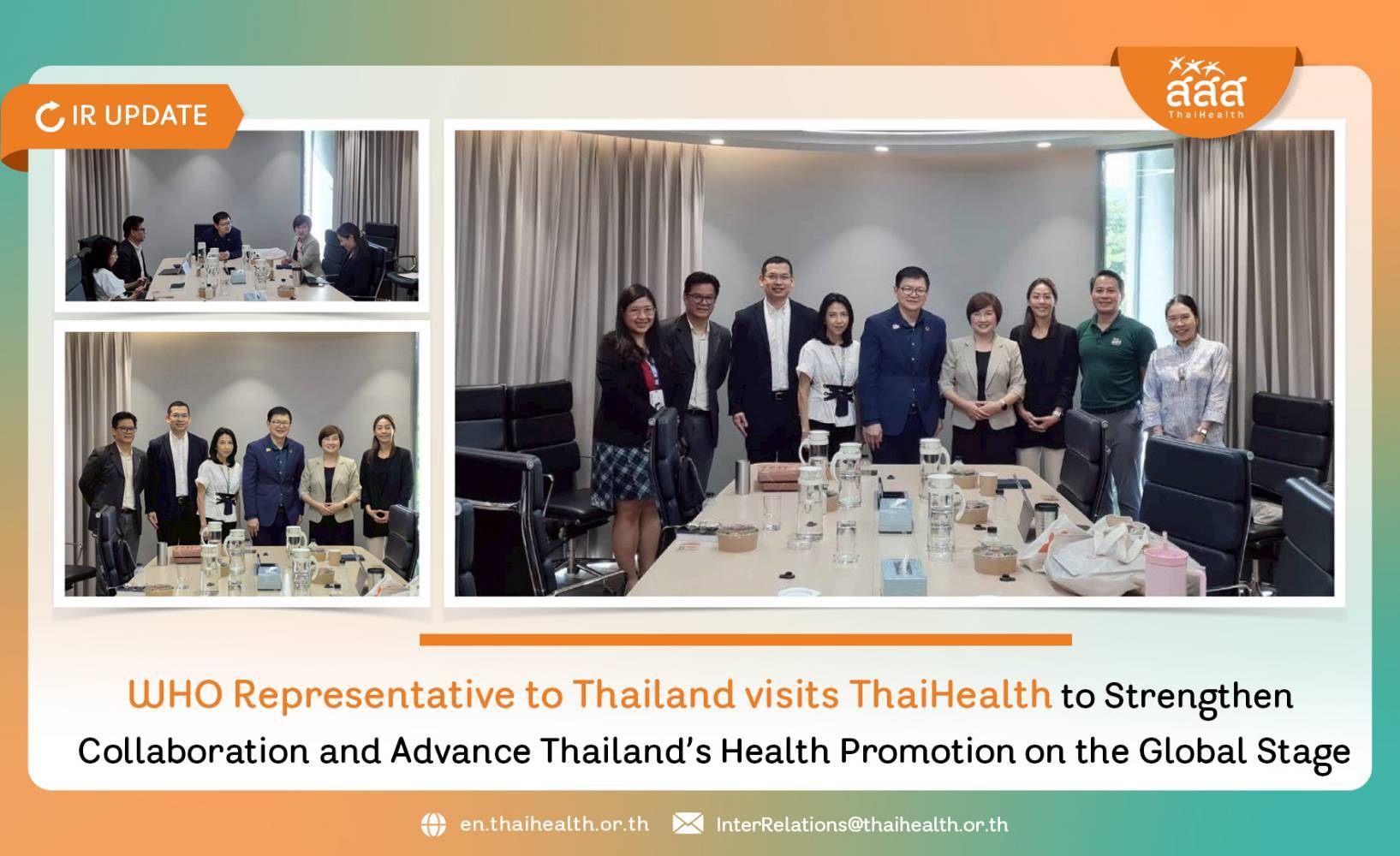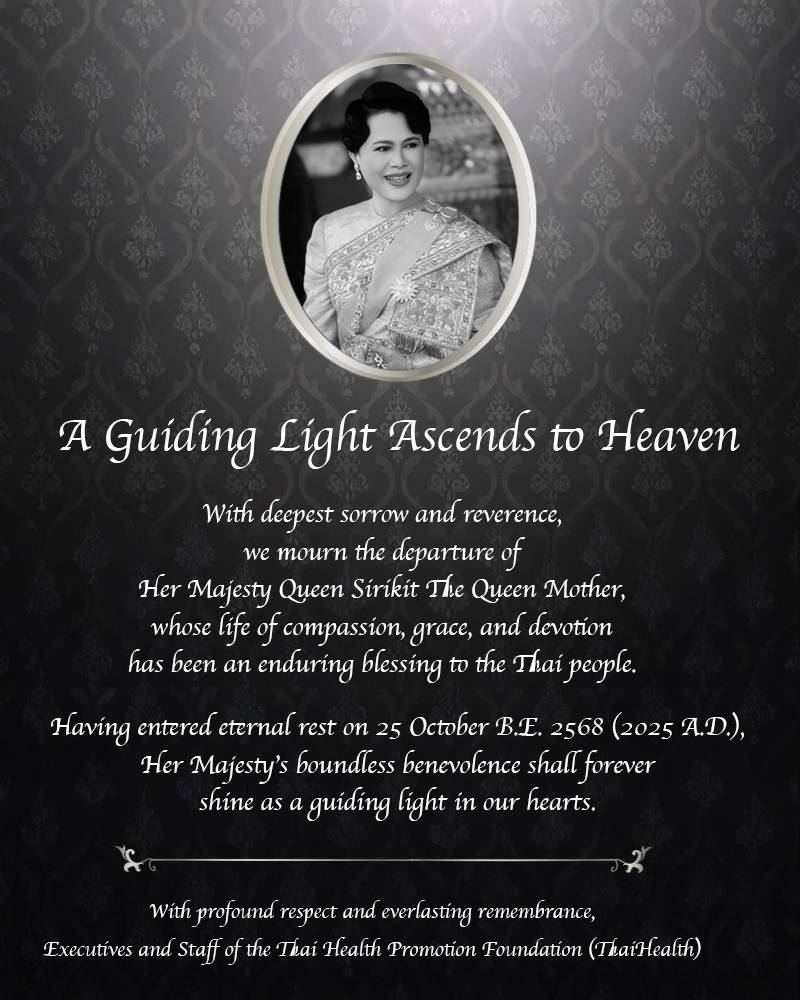What we do

THAIHEALTH PLANS

UPDATES ON HEALTH PROMOTION
ThaiHealth Launches the Campaign “All Problems Can Improve with Listening” for the Thailand National Month of Listening — Building a Culture of Listening, Reducing Loneliness, Enhancing Social Understanding The Thai Health Promotion Foundation (ThaiHealth), in collaboration with JitArsaBank and the network of spiritual well-being partners, held a press conference to launch the campaign “All Problems Can Improve with Listening,” on the occasion of the Thailand National Month of Listening this coming November 2025. Now entering its second year, the initiative aims to encourage people in Thailand to learn how to “listen with their ears and see with their hearts,” reduce loneliness, and promote mutual understanding in society. Dr. Pongthep Wongwatcharapaiboon, ThaiHealth CEO, said that ThaiHealth and partners designated every November as the “National Month of Listening.” The campaign first started in 2024, aligning with international efforts that promote a culture of listening—such as World Kindness Day, the International Day for Tolerance, and the U.S. National Day of Listening. The goal is to spark awareness in society about the importance of listening and to build a culture of listening together. In the Thai context, society is facing issues of relationship gaps, intergenerational divides, and conflicts of differing opinions, along with significant loneliness and isolation. Research shows that one day of loneliness or isolation can affect physical health the same way as...
24 Oct 68
58
Views
ThaiHealth Joins PMAC 2026 Preparatory Meeting in Hong Kong to Advance Global Health Representatives from the Thai Health Promotion Foundation (ThaiHealth) participated in the 4th Prince Mahidol Award Conference 2026 (PMAC 2026), Preparatory Meeting held from 11–13 September 2025 at the Fullerton Ocean Park Hotel, Hong Kong. The ThaiHealth delegation was led by Dr. Pongthep Wongwatcharapaiboon, ThaiHealth CEO; Ms. Natthaya Boonpakdee, Senior Director of Healthy Child, Youth, and Family Promotion; and Mr. Rungsun Munkong, International Relations Expert. More than 70 participants from leading health-related organizations worldwide attended the meeting. The PMAC 2026 will be held in Bangkok, Thailand, from 26–31 January 2026, under the main theme: “Navigating Global Demographic Transitions Through Innovative Policy: An Equity-Centered Approach.” ThaiHealth has served as a Thai co-host organization and a member of both the Thai and International Organizing Committees of PMAC for almost a decade. ThaiHealth’s active role in PMAC helped to elevate Thailand’s health promotion to the global stage through the promotion of healthy and active meeting in PMAC, sharing of best practices and lessons learned, and fostering international collaboration. Key Outcomes of the Preparatory Meeting Abstract Selection for PMAC 2026 Over 250 abstracts were submitted, with around 60 selected for presentation the main conference. Conference Program Development The meeting finalized the key sessions of the conference, including the Special session on geopolitics...
01 Oct 68
72
Views
On 17 September 2025 at the ThaiHealth Center in Bangkok Dr. Pongthep Wongwatcharapaiboon, ThaiHealth CEO, along with Mrs. Benjamaporn Limpisathian, Deputy CEO, Dr. Pairoj Saonuam, Deputy CEO, and Dr. Prakasit Kayasith, Senior Assistant CEO, warmly welcomed Dr. Ailan Li, the newly appointed WHO Representative to Thailand, who assumed her role on 1 September 2025, and Dr. Teeranee Techasrivichien, WHO Technical Officer. The visit marked an important step in strengthening health collaboration between ThaiHealth and WHO, with the aim of scaling up national, regional and global impact. Discussions focused on strategic areas such as E-cigarette control, commercial determinants of health, child development, physical activity promotion, healthy diets, and border health. Embracing a people-centered, community-driven approach ThaiHealth highlighted its major strategic shift towards “a people-centered, community-driven approach”, ensuring that health promotion efforts are more responsive and deliver tangible results at the community level. At the core of this transition is the DOPA Framework, which guides sustainable health promotion through four pillars: Data-driven: Leveraging local-level data to design context-specific health interventions. Outcome-driven: Focusing on measurable, tangible health outcomes. Partner-driven: Building strong partnerships across multiple sectors, especially with civil society organizations (CSOs), to drive sustainability. AI-driven: Harnessing technology and artificial intelligence to enhance health promotion efficiency. This model has already been piloted in several provinces through the District Health Fund mechanism, a collaboration between...
01 Oct 68
87
Views





